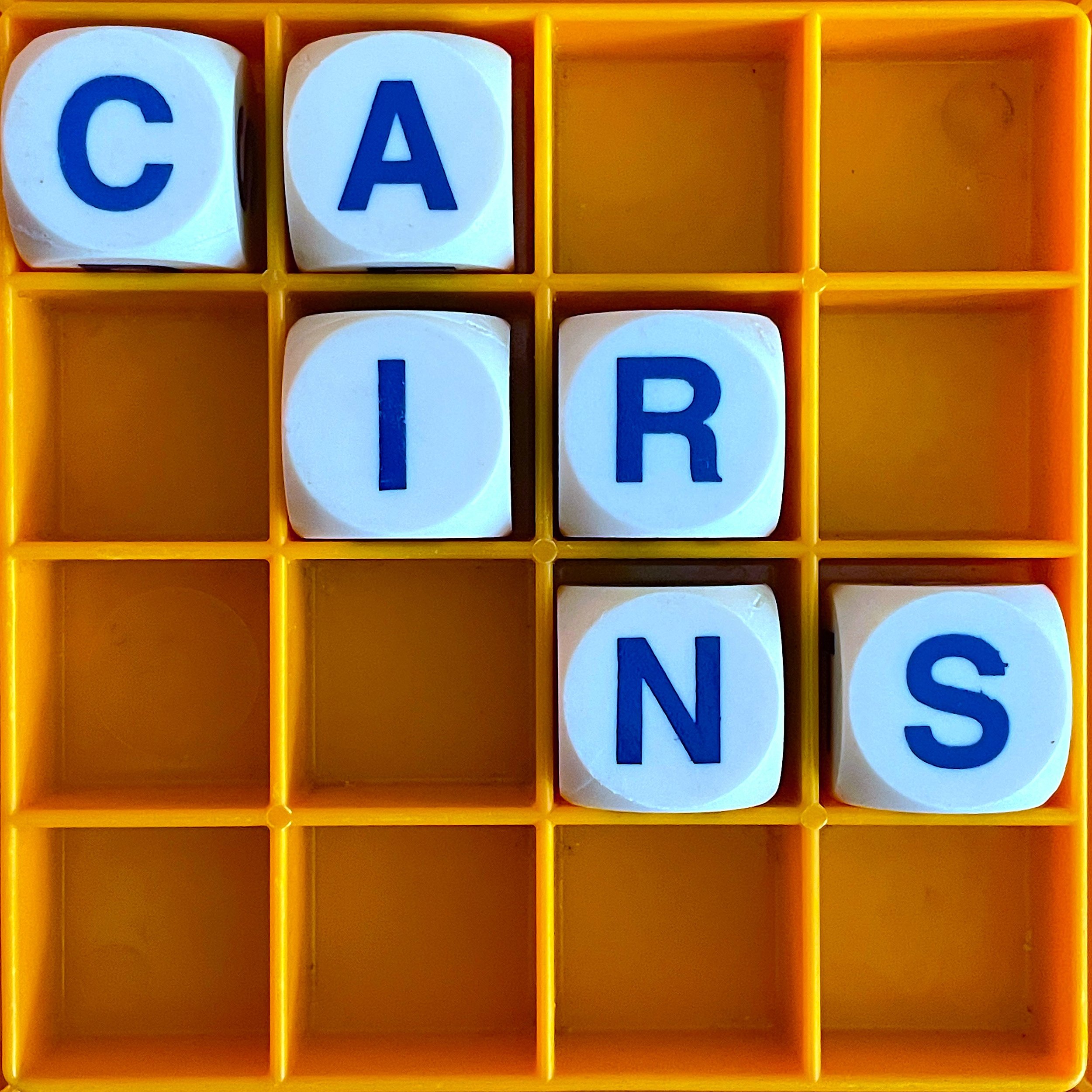LINDSAY ROSE RUSSELL: I don't think James Murray felt like he was alone in making the Oxford English Dictionary. I think he was keenly aware of himself as a part of a very large and many tentacled team. In a lecture he gave in 1900, he talked about every lexicographer as adding their stone to the cairn. You know, cairns like the little things when you go hiking that are piles of stones that tell you you're still on the right path. So I think Murray understood his own work as contributing to a larger lexicographical project where he was not a lone dictionary maker in the effort of dictionary making more grandly. But, I don't know; in history, I think it's easier to tell the story of a singular man. Because of course it's easier to tell the story of a singular man, as opposed to the story of thousands of people working on a single dictionary and doing all different kinds of things.
Read moreAllusionist 120 Shine Theory transcript
AMINATOU SOW: Hi. We are Ann Friedman and Aminatou Sow, and we are the authors of the book Big Friendship, as well as the hosts of the podcast Call Your Girlfriend.
HZ: And at some point between 2009, when they met and befriended each other, and 2013, when Ann used it in an article in New York Magazine, Aminatou and Ann coined the term Shine Theory.
ANN FRIEDMAN: I think this is just something that, you know, you probably said to me first, “I don't shine if you don't shine.” And then it became a thing we said frequently to each other and to other friends.
AMINATOU SOW: I will confess that it is the lyric from the Killers album that I just enjoyed a lot.
Read more

